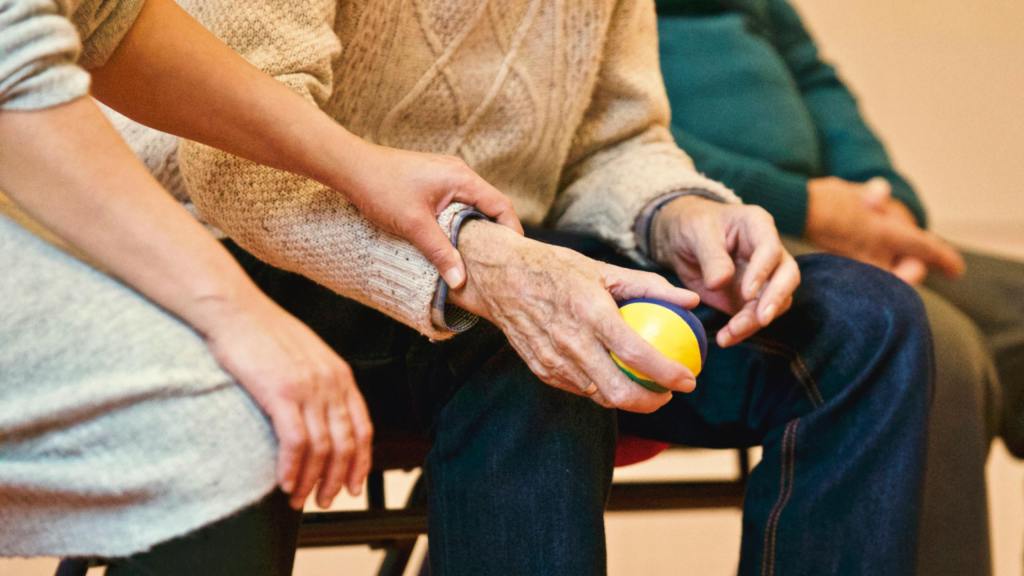
Elder Abuse Awareness
By Mary Frugoli, the Caregiver Homes Branch Manager for the South Shore area in Mass.
How sad that the issue of elder abuse is so widespread that we now have a day and an entire year dedicated to prevention. While the majority of our elders live as part of a loving family, hundreds of thousands of elders are abused each year, with many cases underreported. Elders are particularly vulnerable to abuse for several reasons. Elders who are frail or ill are unable to defend themselves, and are often dependent on the care of others. Often, elders will suffer in silence because they do not want to report their family member and “get them in trouble.”
Elder abuse falls into five categories:
- Physical Abuse: shoving, slapping, pinching, restraining an individual
- Emotional Abuse: inflicting emotional pain by ridiculing, yelling, humiliating, isolating or ignoring elder
- Sexual Abuse: any unwanted sexual contact, exposing individual to sexual materials via pictures, videos, etc.
- Financial Exploitation: transfer of funds or other misuse of an elder’s finances
- Neglect: failure to provide food, clothing, medication or shelter
Warning Signs:
- Bruises, burns, cuts can indicate physical abuse.
- Withdrawal from friends and activities, crying, and signs of depression can indicate emotional abuse.
- Bruises or cuts in genital area, sudden incontinence, change in hygiene can indicate sexual abuse.
- Overdrafts at the bank which are a new occurrence or new loan applications can indicate financial exploitation.
- Bed sores, weight loss, or change in hygiene can indicate neglect.
In Massachusetts, you can report elder abuse by calling the Elder Abuse Hotline 1-800-922-2275. In other states, you can call the Eldercare Locator at 1-800-677-1116 through the National Center on Elder Abuse-Administration on Aging. These calls will be handled confidentially, with no risk that the reporter will be identified. Certain people such as RNs, Social Workers, MDs, police, fire, EMTs are mandated reporters and can receive a fine for not making a report. Please do not hesitate to make that call if you feel something is not right.
Resources:
- Recognizing Elder Abuse and Knowing Your Rights – Aging In Place provides information on elder abuse and resources if you or a loved one have been or are being abused.
- Preventing & Reporting Elder Abuse –This PDF booklet focuses on elder abuse prevention from the California Department of Justice.
- What services are available to stop abuse? – The National Committee for the Prevention of Elder Abuse’s website provides resources such as legal services and counseling.
- Elder Abuse and Neglect: In Search of Solutions –The American Psychological Association has a section of their website dedicated to elder abuse.
More insights like this:
-

Helping an Aging Loved One Through Declining Mental Health
Read more: Helping an Aging Loved One Through Declining Mental HealthMental health challenges can impact anyone at any time of life. However, older adults tend to be more vulnerable to depression and other mental illnesses, on average, with 14% of adults aged 60 or older suffering from a mental disorder. “If you recognize or hear from a loved one that their day-to-day life is significantly…
-

Delirium vs. Dementia: Causes, Symptoms, Treatments, and Preventative Measures
Read more: Delirium vs. Dementia: Causes, Symptoms, Treatments, and Preventative Measures5 Key Things Family Caregivers Need to Know About Delirium and Dementia Onset and Course Are Key Clues That Caregivers Should Watch Closely Delirium develops suddenly (hours or days) and often fluctuates; dementia progresses gradually over months or years. Acute changes in thinking or attention should trigger urgent medical evaluation. Delirium and Dementia…
-

7 Immune System Booster Tips for Seniors
Read more: 7 Immune System Booster Tips for SeniorsThe immune system is the body’s first line of defense against viruses and infections, but the aging process can weaken the immune system. Throughout the COVID-19 pandemic, this became an increased concern for the caregivers of older or immunocompromised adults, as the risk of more severe symptoms and outcomes was much higher in these…